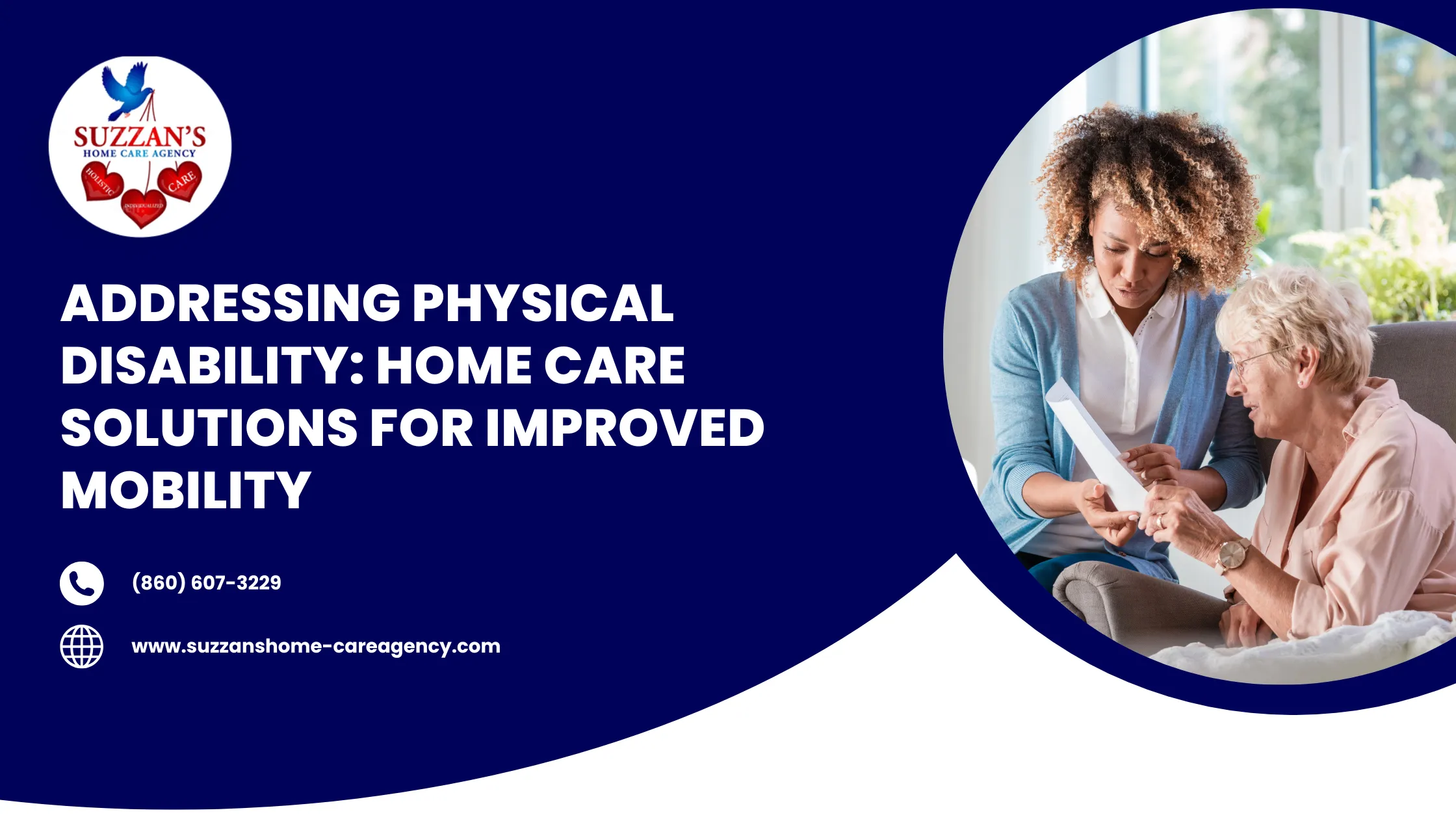Living with a physical disability often brings unique challenges that impact daily life. From moving around the home to handling routine tasks, mobility limitations can feel overwhelming. The good news is that professional home health care makes it possible for people to maintain independence, improve mobility, and feel more in control of their everyday routines.
Why Professional Home Care Matters in Daily Living
Addressing physical disability requires more than just medical treatment. The real challenge lies in daily living, getting dressed, preparing meals, or navigating the home safely. Professional home care services address these struggles directly. Families turn to them not only for support but also for peace of mind.
For those in the region, home health care in Connecticut is an example of how communities rely on trained professionals to make everyday life safer and easier.
Tailored Personal Care That Encourages Mobility
Every disability is different, and so are the needs of each person. Tailored personal care services ensure that individuals receive assistance that aligns with their mobility goals. Whether it’s help with grooming, transfers, or following physical therapy routines, in-home personal care services and at-home personal care services provide the consistency people need to move confidently and stay safe.
Explore the agency’s personalized care services to see how daily assistance can make independence a reality.
Examples of what personal care includes:
- Assistance with bathing, dressing, and grooming
- Support with mobility aids and safe transfers
- Encouragement with exercise and therapy routines
- Help maintain personal hygiene for comfort and safety
Emotional Benefits of Companion Support
Mobility is not only physical, it’s also emotional. Isolation and loneliness can limit progress as much as a disability itself. This is where companion care becomes essential. Engaging conversations, shared hobbies, and meaningful activities create a sense of normalcy. Through companion care services, individuals feel supported, while families see their loved ones regain joy in daily life.
Options such as companion home care and senior companion care combine emotional support with light assistance for daily tasks.
Learn more about the agency’s companion care options for building stronger connections at home.
Household and Transportation Support for Greater Freedom
Disability doesn’t stop at the front door, and neither should care. Homemaker services relieve individuals from responsibilities such as meal preparation, laundry, and light cleaning.
Meanwhile, transportation services ensure safe travel to medical appointments, social visits, and errands. These services give individuals the freedom to stay active and connected to their community.
Specialized Assistance for Physical Disabilities
Physical disability support focuses on improving mobility at home. Caregivers can:
- Assist with walking aids, wheelchairs, and adaptive equipment
- Provide transfer support from bed to chair or chair to toilet
- Reduce fall risks by keeping the environment safe and clear
- Encourage confidence during mobility routines
Families appreciate this type of care because it combines safety, encouragement, and professional oversight.
Flexible Options: Post-Surgery and Hourly Care
Some individuals face mobility challenges after surgery. Structured post-surgical services help with safe recovery, reducing complications and supporting faster progress.
For families who don’t require constant support, hourly services provide flexibility. This ensures care is available exactly when it’s needed, without unnecessary expense.
Regaining Confidence Through Professional Care at Home
The ultimate goal of addressing physical disability is to restore dignity and independence. With the right mix of professional home health services, mobility support, and emotional care, individuals can live with greater freedom. Families feel reassured knowing their loved one is in capable hands, receiving services that truly make a difference.
Those searching locally can trust Suzzan’s Home Care Agency, where care plans are customized to mobility needs and long-term goals.
Frequently Asked Questions
What types of mobility support are available through home care?
Home care services include help with walking aids, safe transfers, fall prevention, and exercise encouragement tailored to each individual’s needs.
Can home care help after surgery if mobility is limited?
Yes. Post-surgical care provides assistance with mobility, wound safety, and daily tasks to promote a faster, safer recovery.
Is home care only for full-time needs, or are part-time options available?
Families can choose flexible care schedules, including hourly services, to match the level of support needed.
Final Thoughts on Home Care and Independence
Addressing physical disability is not only about mobility, it’s about living fully. With professional home care, including personal care services, companion care services, and homemaker support, individuals gain more control of their lives. Families see their loved ones thrive, knowing they have the right combination of support and independence.


